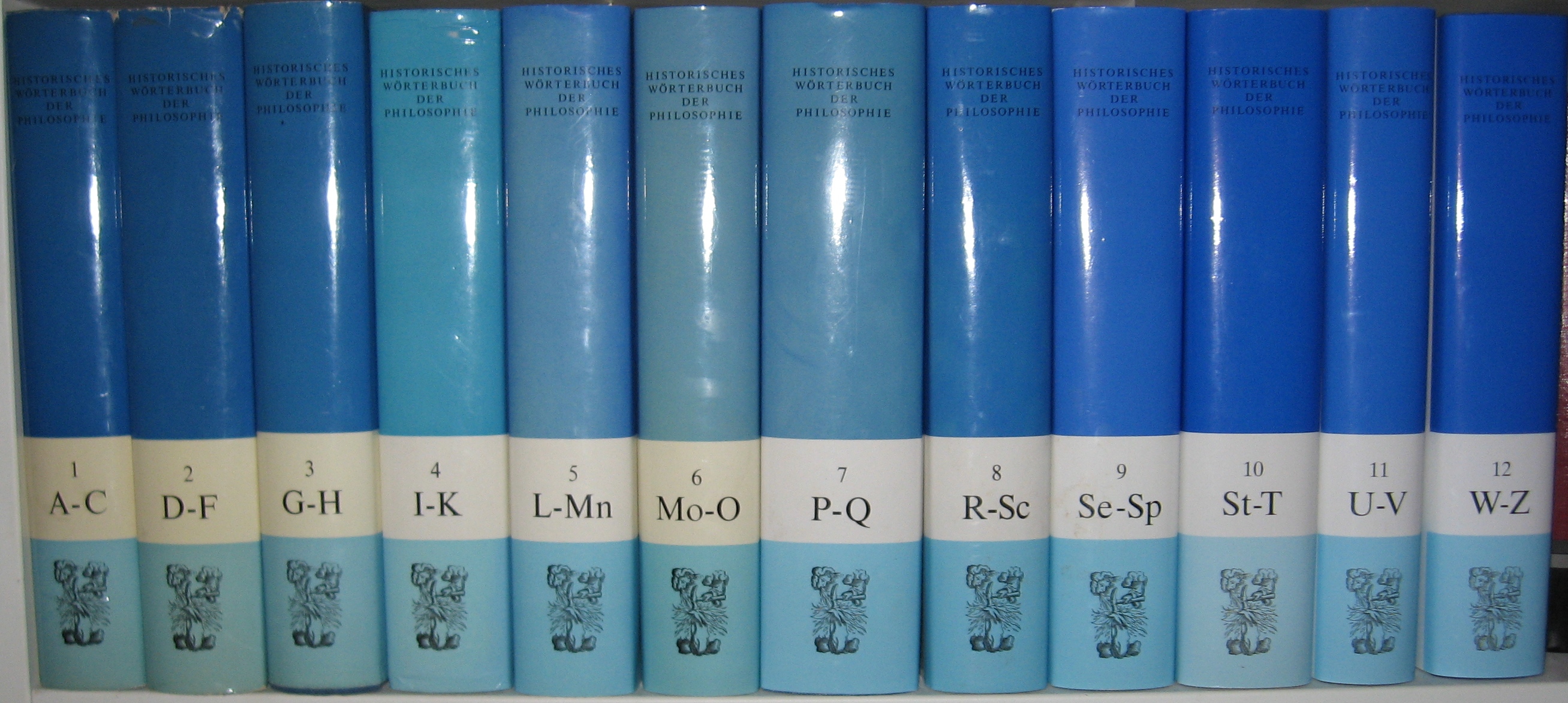
Literature
[list]
[*]Gadamer, Hans-Georg (1971), Die Begriffsgeschichte und die Sprache der Philosophie, in: Arbeitsgemeinschaft für Forschung des Landes Nordrhein-Westfalen, Geisteswissenschaften Heft 170, S. 7–24.
[*]Koselleck, Reinhardt (Hg.) (1979), Historische Semantik und Begriffsgeschichte, Stuttgart: Klett-Cotta. (=Sprache und Geschichte 1)
[*]Kranz, Margarita (2011), Begriffsgeschichte institutionell: Die Senatskommission für Begriffsgeschichte der Deutschen Forschungsgemeinschaft (1956–1966). Darstellung und Dokumente, in: Archiv für Begriffsgeschichte, 53, S. 153–226.
[*]Müller, Ernst u. Schmieder, Falko (2016), Begriffsgeschichte. Ein kritisches Kompendium, Berlin: Suhrkamp. (=suhrkamp taschenbuch wissenschaft 2117)
[*]Müller, Ernst u. Schmieder, Falko (2020), Begriffsgeschichte zur Einführung, Hamburg: Junius.
[/list]
Official Course Description
Every concept arises in a context and changes through its use - it has a history. Tracing conceptual histories is now not only a technique of historical work independent of one's own discipline, but also a research programme that is particularly associated with the German-speaking world, especially with the Federal Republic of Germany in the post-war period and its long-term projects in the humanities.
The seminar has three aims:
[list=1]
[*]To provide an introduction to the theory and working methods of conceptual history;
[*]to examine some exemplary projects in conceptual history;
[*]to gain an overview of the academic research programme. A special focus will be on contemporary digital projects.
[/list]
The [b]assessment [/b]consists of two parts:
[list=1]
[*]a short presentation discussed in advance and
[*]a written paper based on this.
[/list]
- Lecturer: Christian Schröter